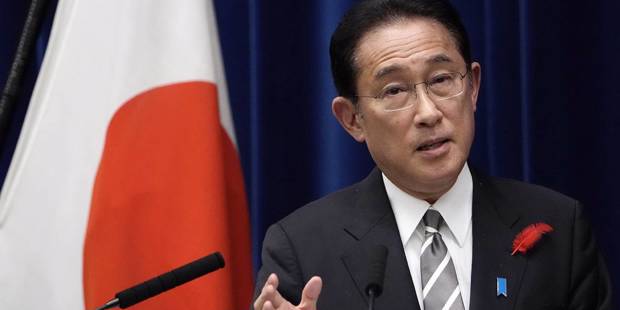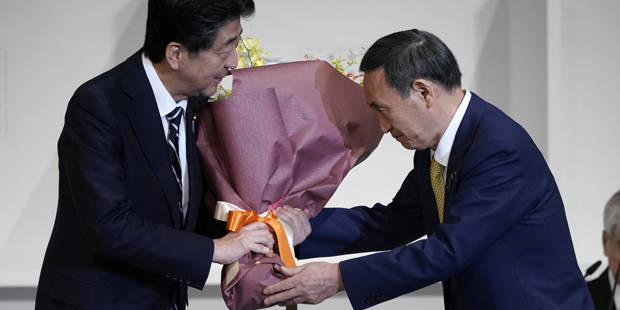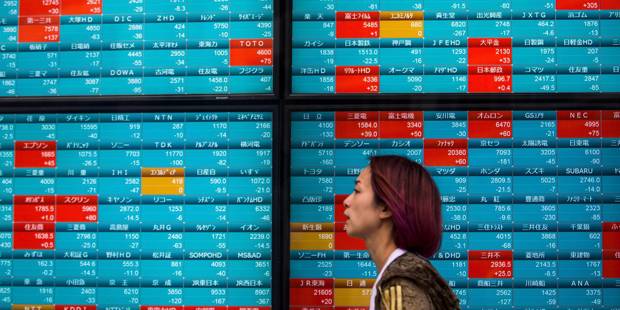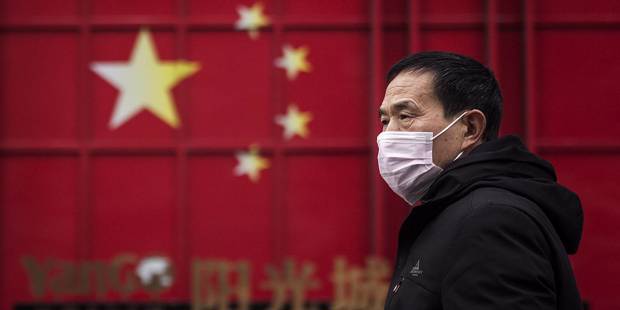Trumping Capitalism?
Very enlightening at the start of risky policy venture in US. We have to be intensively both watchful and analytical on development.
Akira Kawamoto, a former deputy director general in Japan’s Ministry of Economy, Trade, and Industry and a former OECD principal administrator, is a professor at Keio University.

Oct 6, 2022 Akira Kawamoto explains how Fumio Kishida’s embattled government can regain public confidence and boost economic growth.

Sep 15, 2020 Akira Kawamoto thinks new Japanese Prime Minister Yoshihide Suga may pursue bolder structural reforms than his predecessor.

Feb 24, 2020 Akira Kawamoto argues that Japan’s next government must focus squarely on supply-side measures and political reforms.

Feb 12, 2020 Akira Kawamoto notes that governments' strict containment measures are disrupting supply chains and tourism across Asia.








